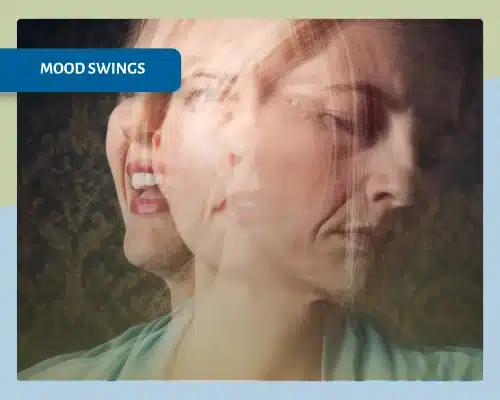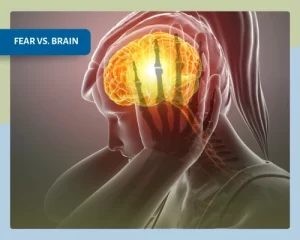Understanding The Dynamic Nature Of Your Emotions
Thanks to experiments and proven theories, we now know that the entire universe is constantly searching for balance, trying its best to avoid extremities at all costs.
Similar to the pendulum of a clock, we, like the universe, constantly search for the golden middle.
We do this both consciously and subconsciously in pretty much every aspect of our lives – work and rest, spending time with friends and alone, working out and relaxing.
We do most of the basic human activities with the idea of establishing a balance between them.
This is why, when your emotions are stronger than normal, it can feel challenging to go about your day as you usually would.
Although mood swings are common, we aren’t always sure why they happen and how to control them exactly.
Sometimes the intensity of our current emotions doesn’t have an explanation, and we find ourselves questioning everything that surrounds us.
This is not only exhausting but can sometimes have a more lasting negative effect on us, our relationships, and the overall quality of our lives.
For those and many more reasons, we’ve decided to shed some light on how to understand your feelings better and take the first baby steps towards establishing control over them.
What Do Psychologists Say?
Certainly, whenever we have an acute change in the state of an individual, there will be a bunch of psychologists trying to explain it.
So here comes the question-
What Are Mood Swings, Exactly?
Psychologists identify mood swings as great and sudden changes in the current emotional state of an individual.
When you quickly go from feeling happy and upbeat to being easily irritated and blue, you are likely experiencing precisely this phenomenon known as a “mood swing.”
Sometimes mood swings are a part of an underlying condition, and sometimes they are the side effects of the many challenges we deal with that are a normal part of life.
Why Do They Happen?
The most common reason for mood swings is… You guessed it – Stress!
Regardless of whether it’s sudden and extreme or accumulated over time and seemingly negligible, stress is the most common cause for rapid changes in our emotions.
When we are under pressure, we can’t focus on keeping everything in check, and we sometimes neglect our feelings, resulting in them spiraling out of control.
This is precisely why we sometimes end up experiencing random shifts in how we feel towards certain people, events, and topics.
Significant life changes are also widely known to cause shifts in mood.
Whether this process happens subconsciously or not, we often respond more emotionally to things when something big is currently happening in our lives.
For example, getting married, finding a new job, becoming a parent, moving to a different city – all these things have a resounding effect on our temper and perception.
This phenomenon makes sense in the world when you think about all the emotional thoughts we have while experiencing such events and all the pressure and excitement they often bring us.
Moodswings As A Symptom
One of the lesser-known things is that mood swings are also a part of almost all mental illnesses – depression, bipolar, and borderline personality disorders are just to name a few in which rapid changes of mood are extremely common.
This information should be considered by the patient and the doctor treating these conditions because it may change the final way of dealing with the problem.
Mood swings can also accompany Alzheimer’s, strokes, and other conditions that affect the brain.
Hormone changes are also a common cause of mood swings.
For women, the hormone estrogen often has this effect which is dispensed during the menstrual cycle and pregnancy, and for men, that can usually be caused by testosterone and other major hormones that also undergo a cycle.
Regardless of whether you are undergoing hormone treatment or just the body’s natural response to something, a hormonal imbalance in your body can often make you feel emotions more intensely.
Medication As A Cause
A different reason for experiencing these fluctuations is if you are using certain medications or are in the process of changing your prescription.
For example, mental health medicine often has this side effect, especially if you take it for the first time or change your usual routine.
This is because it is designed to work with the part of your brain which deals with emotions, and there is a period of adaptation in which the brain gets used to the change.
However, other types of medications can be a reason for mood swings, and you should ask your physician if you are experiencing this and believe it’s because of your prescription.
How Common Are Mood Swings?
Most people experience mood swings at least a few times a year.
This is completely natural because they are often subconscious responses to things that happen to us, some of which are beyond our control.
We are incredibly emotional beings, and as such it’s impossible to expect this part of us will always be under our absolute control.
As a matter of fact, trying to keep everything under strict management is often why we end up having mood swings in the first place.











